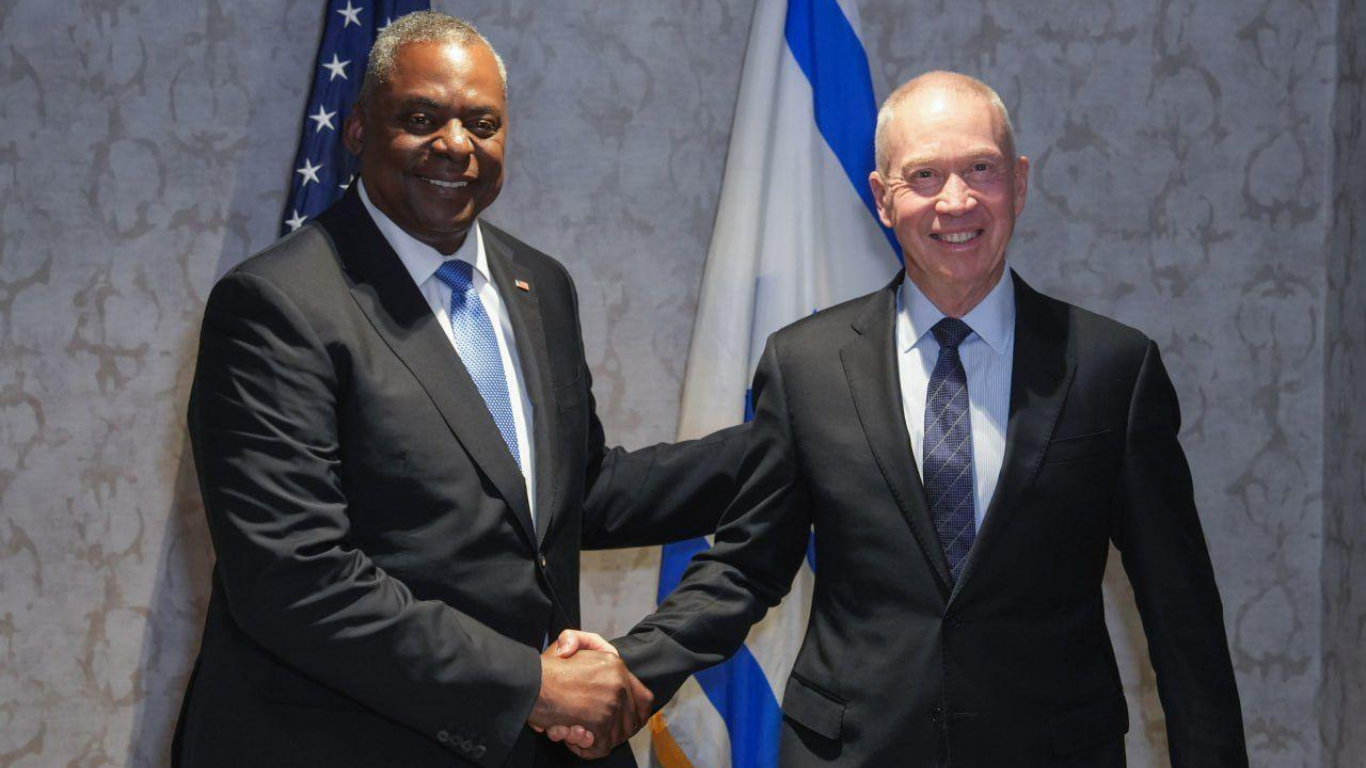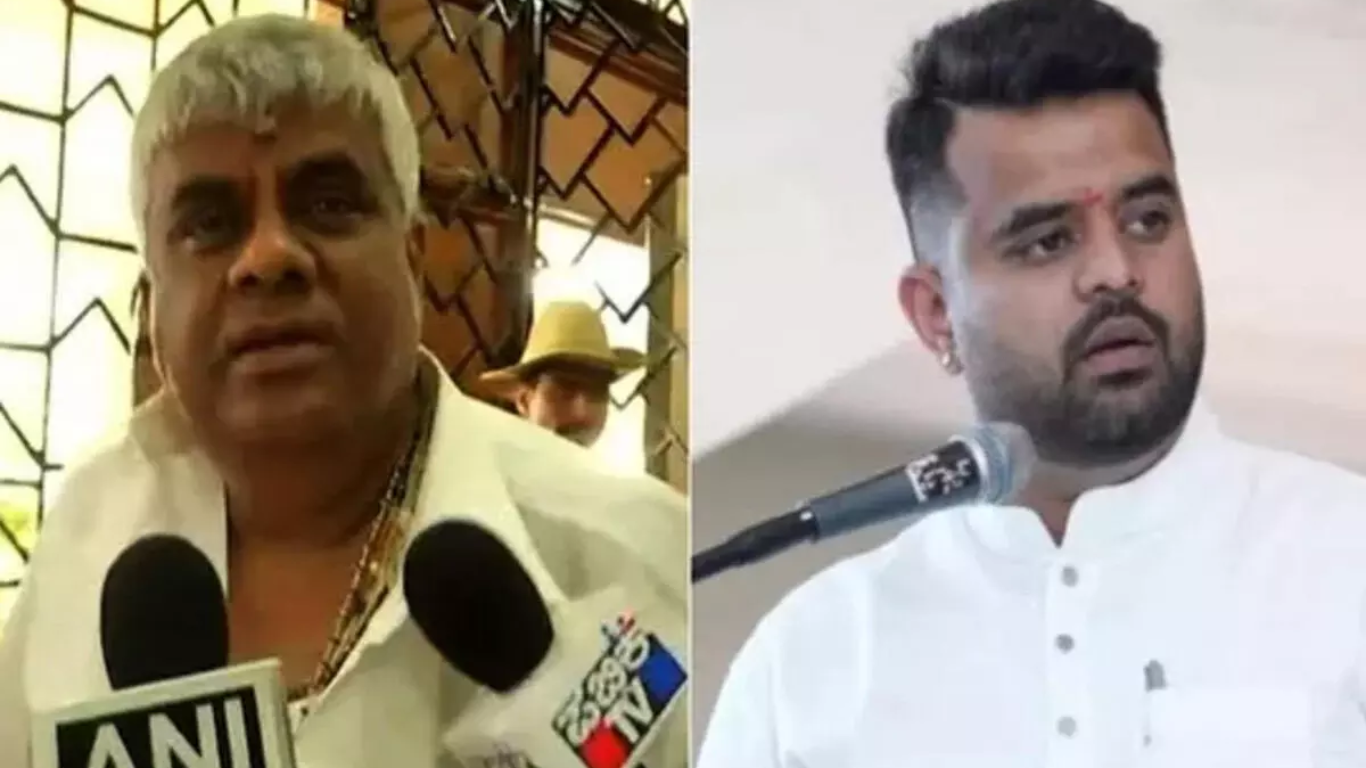


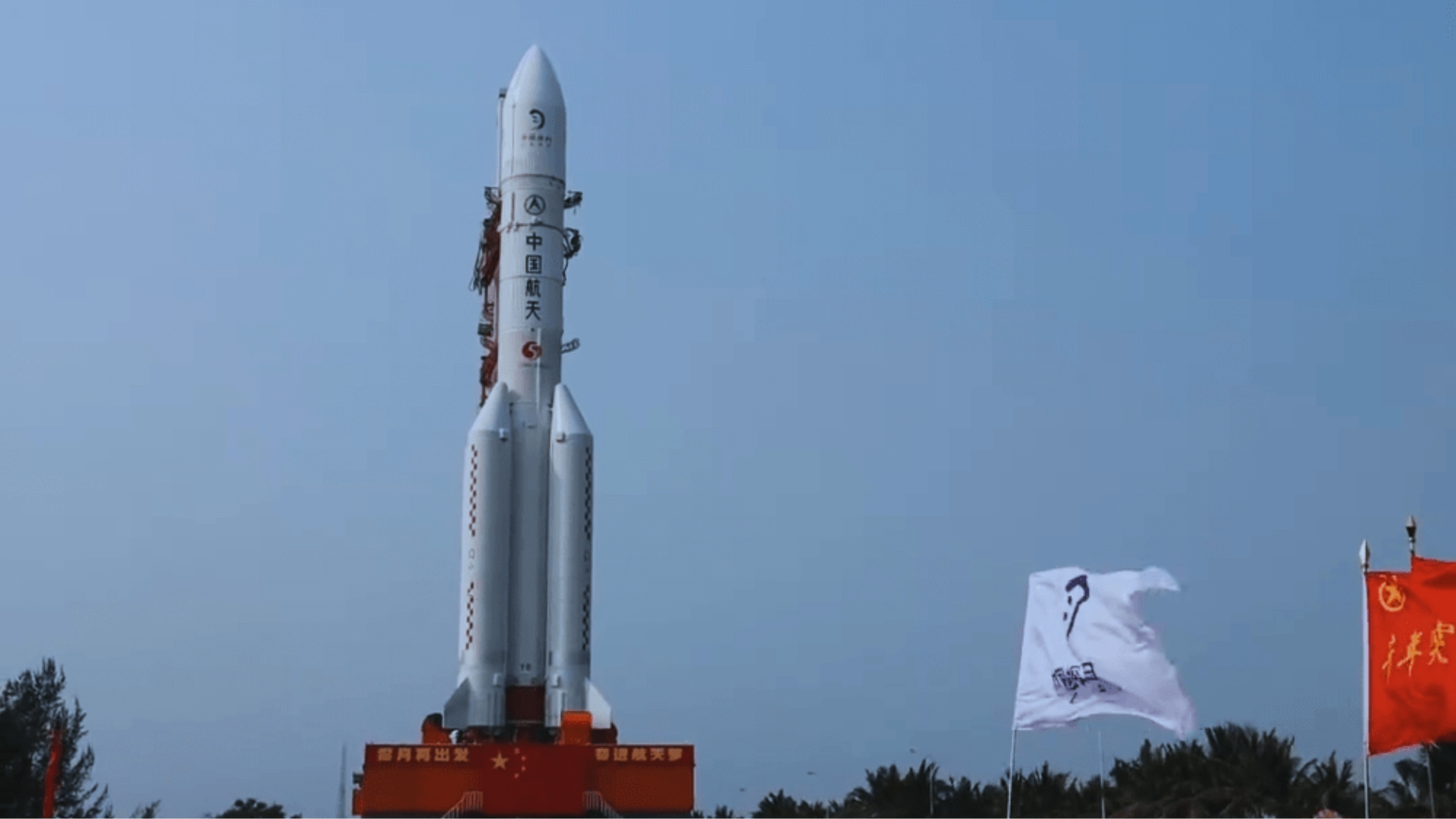




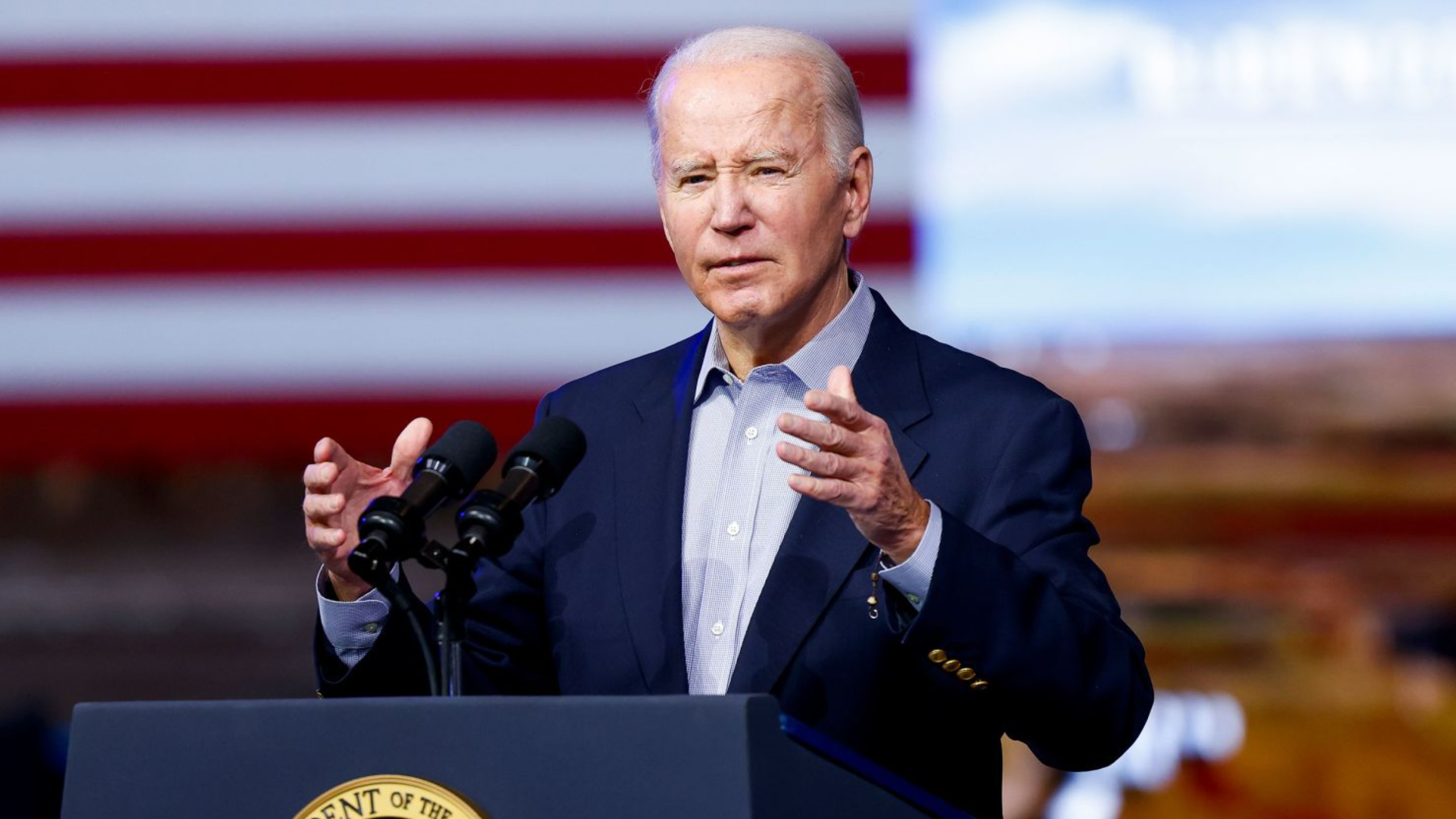

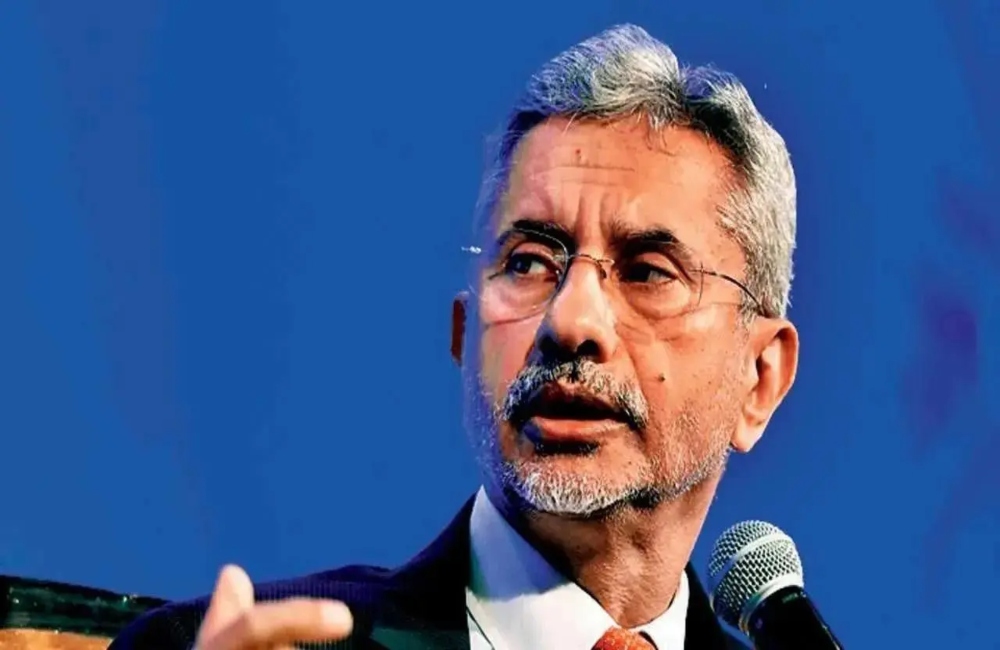
Foreign Affairs Minister S Jaishankar said that the US is cognizant of its limitations and has altered its thinking, as it is now ready to cooperate with like-minded friends, highlighting the shift in world order from unipolar to multipolarity.
“The US is actually getting into a mindset where it is aware of that limitation and is open to working with like-minded partners and addressing it,” Jaishankar said at the Raisina@Sydney event.
The Foreign Minister was referring to the shifting geopolitical equations around the world. Economic cycles and financial market patterns are becoming less US-centric and more multipolar as a result of the creation of a multipolar world.
“The capacities of some countries are not what they used to be. I particularly refer here to the United States,” he said.
With new challenges, foreign policies are being developed to respond to changing geopolitical situations, he said. “I will also stress that there has been a significant change in American thinking and that this is not the same United States that we dealt with in the 1960s or, frankly, in 2005,” he added.
“A big change in the last decade is that the United States’ capacities have relatively lessened from what they used to be,” he added.
He also stated that the US is aware of this and is ready to collaborate with “like-minded” allies.
“Like-minded countries include countries who are not treaty allies,” he mentioned.
Organizations such as the BRICS, Quadrilateral Security Dialogue (Quad), and SCO are made up of “like-minded” allies.
Australia, India, Japan, and the United States participate in the Quadrilateral Security Dialogue (Quad). The Shanghai Cooperation Organization (SCO) is a political, economic, international security, and defence organisation based in Euraasia. Brazil, Russia, India, China, and South Africa are the main rising economies that will together dominate the world economy by 2050.
When speaking at the occasion, Jaishankar stated that “Australia will not recognise this change” because it is a treaty ally (to America). Working with the US is nothing new for Australia; it has been a part of their culture for the previous 70 to 80 years, but not for India.
The Foreign Affairs Minister also stated that there has been a very vigorous worldwide debate about globalisation since Brexit, which has been exacerbated by President Trump’s election. The Raisina@Sydney Conference, which opened today with a ‘Business Breakfast,’ will include ministerial and high-level government involvement, as well as industry and civil society participation.
The event will bring together and generate momentum for two of the Indo-most Pacific’s prominent foreign policy, security, and technology dialogues: the Raisina Dialogue in New Delhi on March 2-4 and The Sydney Dialogue on April 4-5. Jaishankar will also meet with Chris Bowen MP, the Minister of Climate Change and Energy.
The Sydney Dialogue, hosted by the Australian Strategic Policy Institute, is the leading policy forum for critical, developing, cyber, and space technologies.
The advancement of technology has overtaken regulatory and legislative solutions. Both state and non-state actors recognise that information is power. Technology has the potential to generate exceptional results for people and the environment, but it also has the potential to cause significant harm.
This major event will also feature panel discussions and keynote talks from renowned regional think tanks on a variety of topics spanning from geopolitics to technology and economics.
Following Jaishankar’s keynote address, a panel session will be held to discuss topics such as “Next steps in the Australia-India economic partnership: stability, security and sovereignty,” with keynote speakers including Vivek Lall, Chief Executive, General Atomics Global Corporation; Jodi McKay, National Chair, Australia-India Business Council; Vikram Singh, Vice President, and Country Head – ANZ, Tata Consultancy Services, and facilitated by Bec Shrimp.






